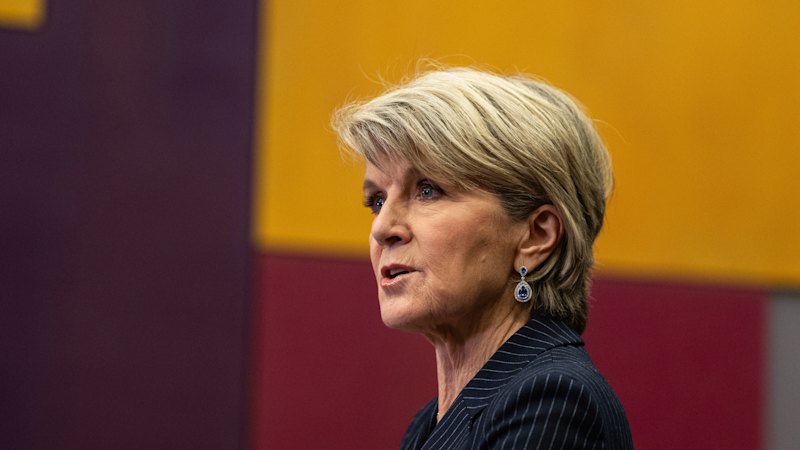
Julie Bishop, Chancellor of the Australian National University (ANU), faced intense questioning during a Senate Estimates hearing regarding her leadership amid allegations of misconduct. Senator Tony Sheldon challenged Bishop on her decision to remain in her role despite widespread dissatisfaction among staff and students, labeling the situation an “unmitigated stuff-up.”
During the heated exchange, Sheldon asked Bishop why she believed she should retain her position during this crisis. “I utterly reject your characterisation about my behaviour and conduct,” she responded, indicating her refusal to accept responsibility for the issues raised.
The scrutiny comes as ANU has enlisted a respected integrity and governance investigator to examine allegations of bullying and intimidation against Bishop. These claims surfaced during an August 12, 2023, Senate hearing that focused on the university’s governance quality. Allegations include Bishop confronting former council member Liz Allen, accusing her of “improper and illegal activity” and hindering her exit when she became visibly upset.
In a separate inquiry, the Tertiary Education Quality and Standards Agency is investigating broader issues within the university. Post-confrontation, Allen reportedly expressed feelings of distress, stating she considered taking her own life on her way home and subsequently suffered a miscarriage weeks later.
Bishop attributed some of the existing cultural problems to issues that predated her tenure as chancellor, yet she declined to acknowledge the growing crisis under her leadership. She mentioned that Genevieve Bell, the former vice chancellor who resigned in early September, had also faced challenges during her nearly two-year term.
“We are committed to better governance standards,” Bishop asserted during the hearing. As chair of the council, she claimed responsibility for its decisions and maintained that she had the “full support” of council members and university deans. “When my term finishes at the end of 2026, we have stability in place,” she added.
When pressed by Sheldon on whether she would apologize for any leadership mistakes, Bishop stated she would consider such an apology only if she or the council had made a mistake. She firmly rejected allegations made against her, particularly those reported in the media.
In the context of financial challenges, the university has faced backlash over a controversial $250 million cost-cutting initiative known as “Renew ANU,” which has been criticized as a failure during Bishop’s tenure. Responding to Sheldon’s assertion that the program represented an “unmitigated stuff-up,” she countered: “They are your words, not mine. I don’t accept your words.”
Recent revelations indicated that Bishop’s travel expenses amounted to $150,000 in 2024, a significant expenditure while the university implemented austerity measures. Her travel included stays at high-end accommodations, such as $5,299 in New York and $4,320 in London. She justified these costs by noting that international travel had been suspended during the pandemic, leading to increased travel in the following years.
While addressing questions about her Perth office, which costs approximately $800,000 annually, Bishop argued that establishing a presence in Western Australia was crucial to making ANU “a truly national” institution. She claimed to have raised $10 million from local philanthropists, who preferred to remain anonymous, emphasizing this contribution as a positive return on investment.
Bishop is notably the only university chancellor in the country with a dedicated office funded by the institution. Her predecessor, Gareth Evans, set a precedent by having a $50,000 office established in Melbourne, which he utilized for two years following his retirement.
In her opening statement, Bishop expressed frustration over the Senate’s refusal to allow her to attend a scheduled trip to Myanmar as the UN’s special envoy due to “unspeakable atrocities.” She had hoped to appear via video link from Perth but was informed that such arrangements were exceptions rather than the norm, highlighting the expectations for her presence in Canberra.
As the Senate hearing concluded, the future of Bishop’s tenure as chancellor remains uncertain, with significant questions surrounding the governance and financial health of ANU. The investigations and ongoing scrutiny underscore the challenges faced by the institution as it attempts to navigate this turbulent period.






